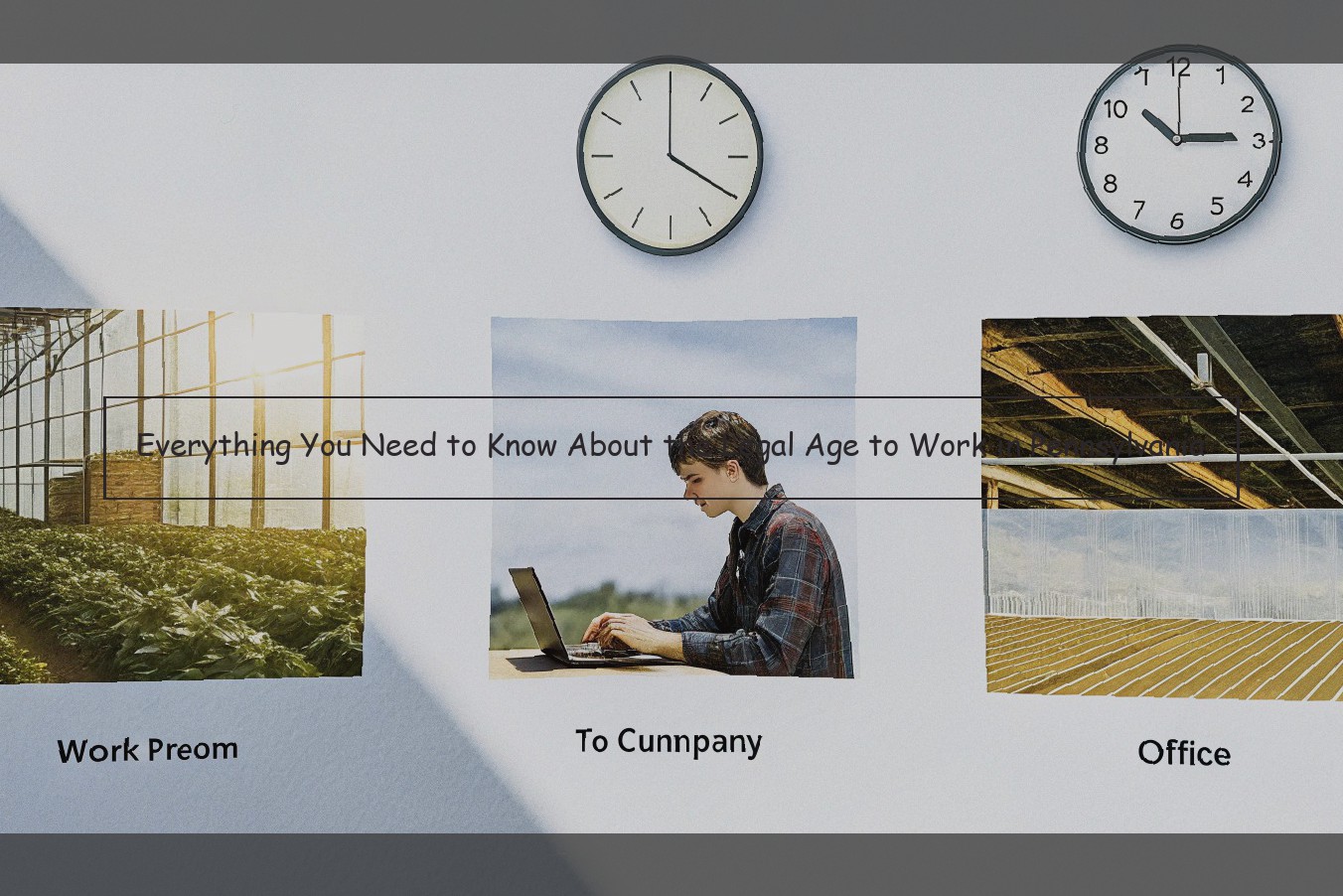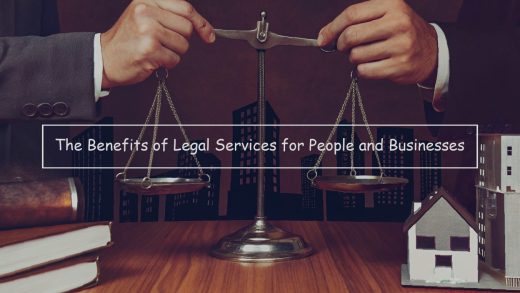Pennsylvania’s Legal Working Age: An Overview
Pennsylvania’s legal working age is generally 14 years of age. There are, however, special provisions for certain types of employment, certain types of companies and employers, and for those who work a specific number of hours. For example, employees of the entertainment industry are permitted to work at younger ages. Casual laborers and those employed by non-profit organizations may work at younger ages. Youth employees whose parents own a business (such as a farm) may work at younger ages . Youth employees of some computer companies may also work at younger ages. Employers may not employ youth employees who are under the age of 18 more than six days per week or for more than eight hours in one day. There are special rules for youth employees who drive as part of their employment. Minors may not work during certain hours and there are special rules that prohibit youth employees from working longer than a certain number of hours during a day or week. There are also specific exceptions for youth employees who work as baby-sitters or home-keepers.

Employing Young People in Pennsylvania
Pennsylvania has distinct regulations that govern youth employment, providing a framework for when and where minors are eligible to work. These labor laws are designed to protect the developing health of children while accommodating the fact that older children should be able to both learn about and contribute to the workforce. In Pennsylvania, minors in the age group from 7 to 16 (a minor is any employee under the age of 18) cannot work without a work permit. They can be issued by their parent or guardian. However, they are not required to hold a work permit until they are age 14 or older, which is the minimum age for general employment. A paid internship or co-op opportunity is not considered an "opportunity to work" as defined by the law, so no work permit is required for youths working or being trained in those capacities. A minor’s employer is required by law to hold on to their work permit until such time as they turn 18 or 30 days after they are discharged from employment. Minors between the ages of 14 and 15 are prohibited from working more than 18 hours a week in school, and not more than 40 hours per week during non-school periods. Their workday cannot exceed eight hours, and they cannot work more than six out of seven days in a week. It is also prohibited to have them work before 7 a.m. or after 10 p.m. For minors between the ages of 16 and 17, work hour restrictions are not in place outside of having a nightly end time of 11 p.m. for on-school days, or 1 a.m. on days not prescribed by the school. Youths in this age range are free to choose to work as much or as little as they wish. The following organizations and environments are not subject to minimum age restrictions: Some industries are not permissible for youth to work in at all. Youths are prohibited from working around highly toxic and hazardous materials, from operating power-driven equipment, performing certain construction duties and in places where they could be subjected to undue harm.
Hours Young Children Can Work
In Pennsylvania, there are limitations on the number of hours that minors may work. These restrictions differ depending on the age of the minor and whether school is in session or not.
For minors under the age of 16, there are restrictions on the types of jobs they may perform, as well as when they may perform those duties:
Minors Ages 14 to 15
May not work, during school, more than:
• 18 hours in a week when school is in session
• 40 hours in a week when school is not in session
May not work more than 8 hours in a day and only between the hours of: 7 AM to 7 PM, except during the summer months of June 1 through Labor Day, when working hours are extended until 9 PM.
Minors Ages 16 to 17
May not work, during school, more than:
• 28 hours in a week when school is in session
• 44 hours in a week when school is not in session
May not work during the following time period: 23:00 PM and 6:00 AM on any day of the week, except when otherwise provided by general rule or by employment certificate.
Minors Ages 18 to 21
May work during the following time period:
• Days: 6:00 AM to 12:00 AM
• Nights: 11:00 PM to 6:00 AM
When school is not in session, an 18-year-old may work past midnight. FLSA Rules for Minors
The Federal Fair Labor Standards Act also restrict minors from working, but they are not restricted from working in Pennsylvania. When a minor exceeds the permissible hours as set forth above, the employer must pay overtime wages at one-and-one-half times the minimum wage for each hour of overtime worked.
Exceptions: Hours for Minors
Not all instances of employment, however, fall under the standard hierarchy of work conditions will be considered violations of the act. For instance, while the maximum amount of hours for a 16- or 17-year-old employee may be 40 hours in a week, such as with a retail position, that same employer may be able to offer more hours if the employee works in a different capacity. For instance, working in agriculture is considered different than working in a retail environment for the purposes of the act. The caveat is identified in Pennsylvania Child Labor Law § 12-3308 as "the performance of a task" on an employer’s farm that "does not involve a substantial risk of death or serious physical injury." With this definition in mind , working on a family farm, or on another type of farm owned, operated or controlled by a family member also falls outside the standard working condition framework. This exception does not apply if the family member is the owner of the business or any of its other facilities if the child, specifically, being the only minor worker.
Additionally, parents can also claim an exemption from this law for their children in the case of a family partnership. For the purposes of the law, a family partnership is when a minor works in a business that is owned or controlled by his or her parents, even if it’s through one of their legal trusts.
Penalties Associated with Violations
The consequences for failing to comply with child labor laws can be severe for those who choose to disregard the process and donate their time in this manner. If, for example, an employer is convicted of employing a minor (either directly or indirectly, either as an employer or otherwise) in violation of Pennsylvania’s child labor laws, the law states:
§ 11. Penalties
(a) Personal liability. Any employe, member, manager, officer, agent, franchisor or franchisee or any other individual who violates this act shall be deemed guilty of a summary offense and upon conviction thereof by a court of competent jurisdiction shall be sentenced to pay a fine of $300.
(b) Civil liability. Any employer who violates this act shall be liable for the actual payment of the unpaid wages due to the minor for every day the minor was underage and employed unlawfully, plus a wage penalty equal to the amount of wages due in an equal period of time of compensated services, but in no event less than $50. The wage penalties herein provided for shall be paid to the minor involved, and if not paid to the minor, then to the Department of Labor and Industry on behalf of the minor.
(c) Injunctive actions. The Director of Labor Standards may bring an action in the name of the Commonwealth against any employer and its officers, agents, managers and/or employes violating any provision of this act to compel compliance herewith. The costs of bringing such suit may be assessed against the defendant if successful.
Use These Resources for Young Workers and Employers
For more information on Pennsylvania employment laws, young workers and employers can contact the PA Department of Labor and Industry’s Bureau of Labor Law Compliance at their regional office. The Bureau protects youth by providing Pennsylvania’s youth labor laws and informing employers of their obligations under the law. (The statewide number is 1-800-362-3996, then press 6.) The Bureau also provides guidance on completing minor and age certificates.
The Pennsylvania Department of Labor and Industry administers several other programs relevant to youth who seek employment, as well as employers who seek to hire youth . These include:
• minimum wage and overtime law compliance
• unemployment compensation
• wage collection and payment of wages
• wage and hour law compliance
• pay day laws
• child labor law administrative and enforcement
• wage payment and collections, including garnishment of wages for child support and tax liens
• prevailing wage law compliance
• public works employment and payment of wages
• employment of incarcerated individuals on county, municipal and private work projects
• employment status issues related to independent contractors, 1099 workers, and other non-compliance issues such as unpaid taxation of payrolls.


